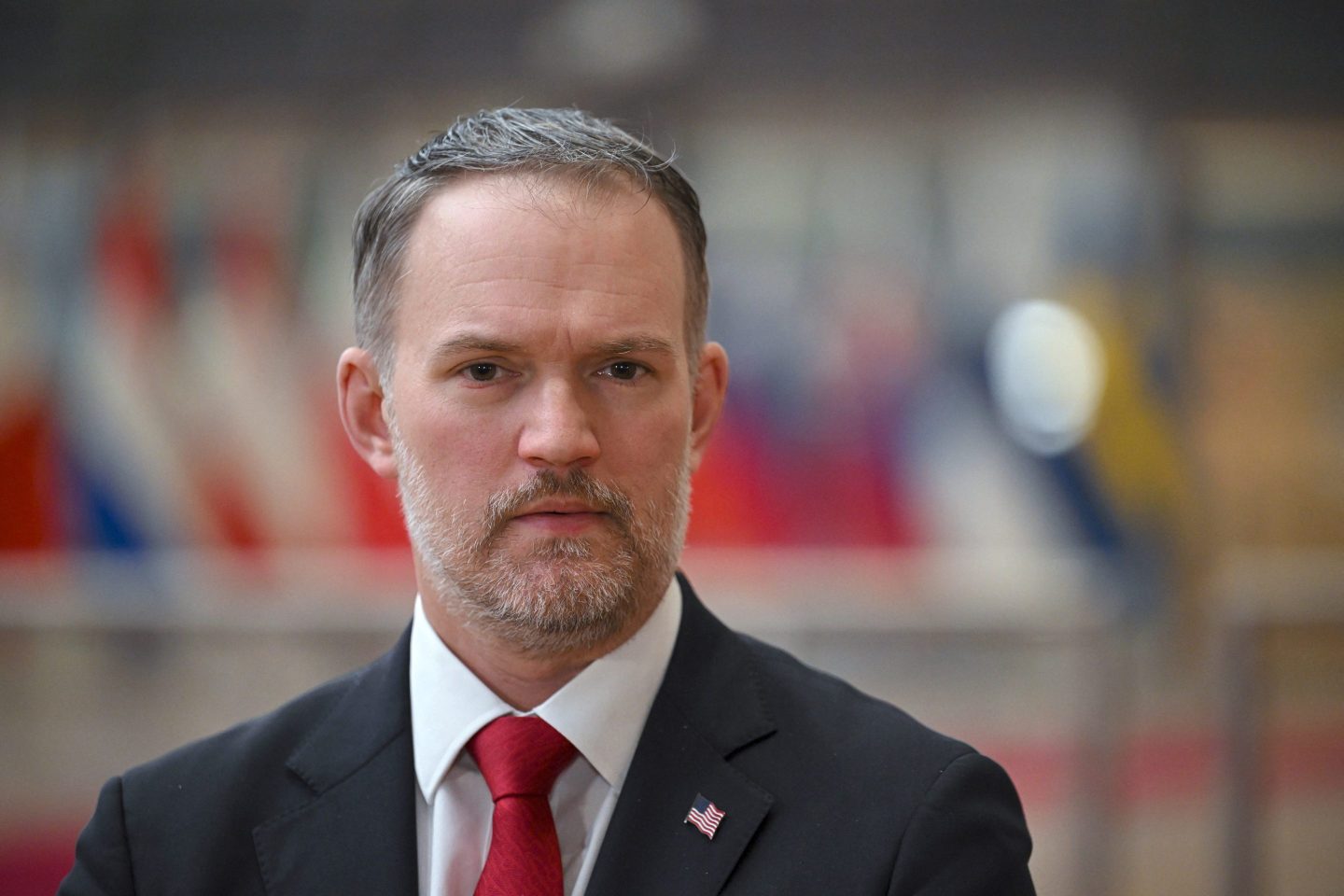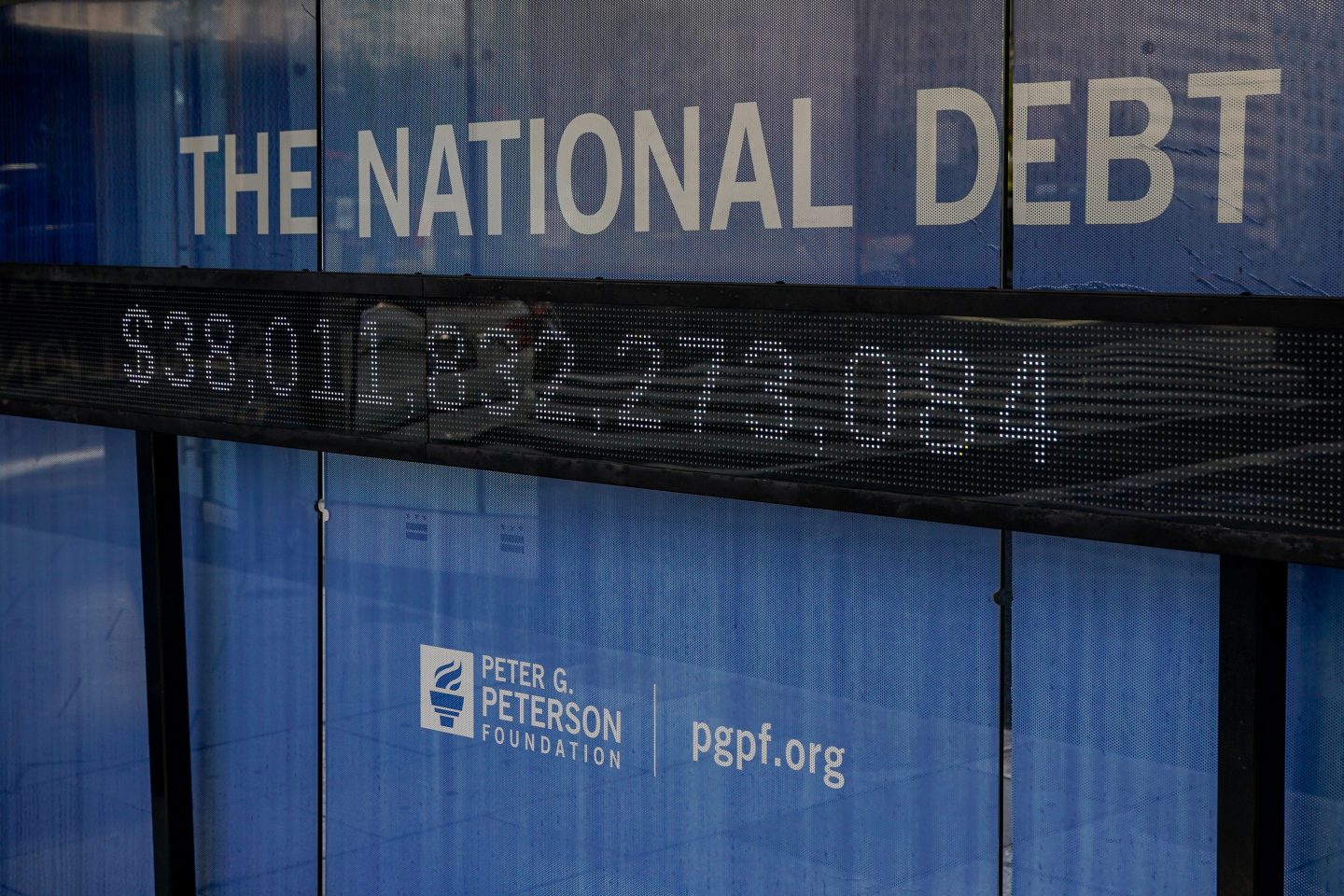By Steve Westly, contributor

FORTUNE — As Congress convenes to consider President Obama’s American Jobs Act, there is one proposal that supercommittee members should not overlook that would reduce our national debt, ignite job creation and strengthen America’s global competitiveness: voluntary incentive auctions.
Participation in these auctions would be completely voluntary, and current license holders would receive a share of the proceeds in return for making their spectrum available for more efficient uses like mobile broadband innovation. Voluntary incentive auctions could net the federal government upwards of $30 billion, much of which could be used to reduce the deficit. Consumer benefits of repurposing spectrum to new uses are even greater, at an astounding $300 billion.
What is spectrum? Spectrum is the invisible infrastructure that is used to transmit everything from radio and cell phone signals to the Wi-Fi network in your home. It is not often talked about, but we all rely on it daily, and we would quickly notice if it were in short supply.
AT&T (T) wireless customers in the San Francisco Bay Area and New York City frequently experience what happens without enough spectrum. But dropped calls and lost signals are a mild nuisance compared to what we face if we do not free up more spectrum soon.
America is going mobile, and while we should foster innovations in the mobile Internet, spectrum-hungry innovations also create greater strain on the system. Analysts forecast mobile broadband traffic will increase 35 fold over the next five years. Smart phones consume 24 times as much data as traditional cell phones, while tablets use up to 122 times more data.
While devices gobble up increasing amounts of data, the number of users of those subscribers is also increasing exponentially. Mobile data service subscriptions increased 40% in the latest six-month reporting period, and the number of subscribers to wireless carriers is forecast to exceed 300 million by early 2012.
A spectrum crunch is looming. To meet the demands of a mobile nation, we need to find spectrum that can be repurposed quickly, because it takes some time to reallocate spectrum from one use to another, and within a few years the demand for spectrum will outstrip supply. We cannot afford to let this happen.
Federal Communications Commission Chairman Julius Genachowski has proposed the simplest, fairest, and most efficient solution to this problem — voluntary incentive auctions. One hundred twelve economists from across the ideological spectrum have endorsed voluntary incentive auctions as the most effective way to reallocate spectrum, but it requires Congressional authorization to do so.
Voluntary incentive auctions would also create tremendous economic opportunity. The FCC estimates that meeting the short-term demand for spectrum will generate $100 billion in economic value by spurring private sector innovation and investment. Investments in 4G wireless technology will create 205,000 new jobs over the next five years. By 2015, mobile apps will generate $38 billion in global sales annually and mobile online shopping revenue increased over 2.5x last year alone. License holders that participate in the auction by giving back spectrum would also benefit by receiving an infusion of capital.
It is rare for Washington to identify a purely free-market approach to a looming crisis. The FCC, which has auctioned spectrum since the mid-1990s, has already proven that auctions work, but it needs the go-ahead from Congress to use the new voluntary incentive auction tool.
There is a generation of young entrepreneurs ready to write the next killer app or software blockbuster in China, India, Brazil, and the U.S. With all of our industrial might and economic advantages, it’s time to ensure that our next generation of technology leaders has all the bandwidth they need to keep the U.S. on top. They need Congress’s help to do it.
Nobody likes dropped calls, and this is one area where America can’t afford to drop the ball.
Steve Westly is Managing Partner of The Westly Group, a clean technology venture capital firm. He served as California State Controller from 2003 to 2007. Steve can be followed on Twitter @SteveWestly.












